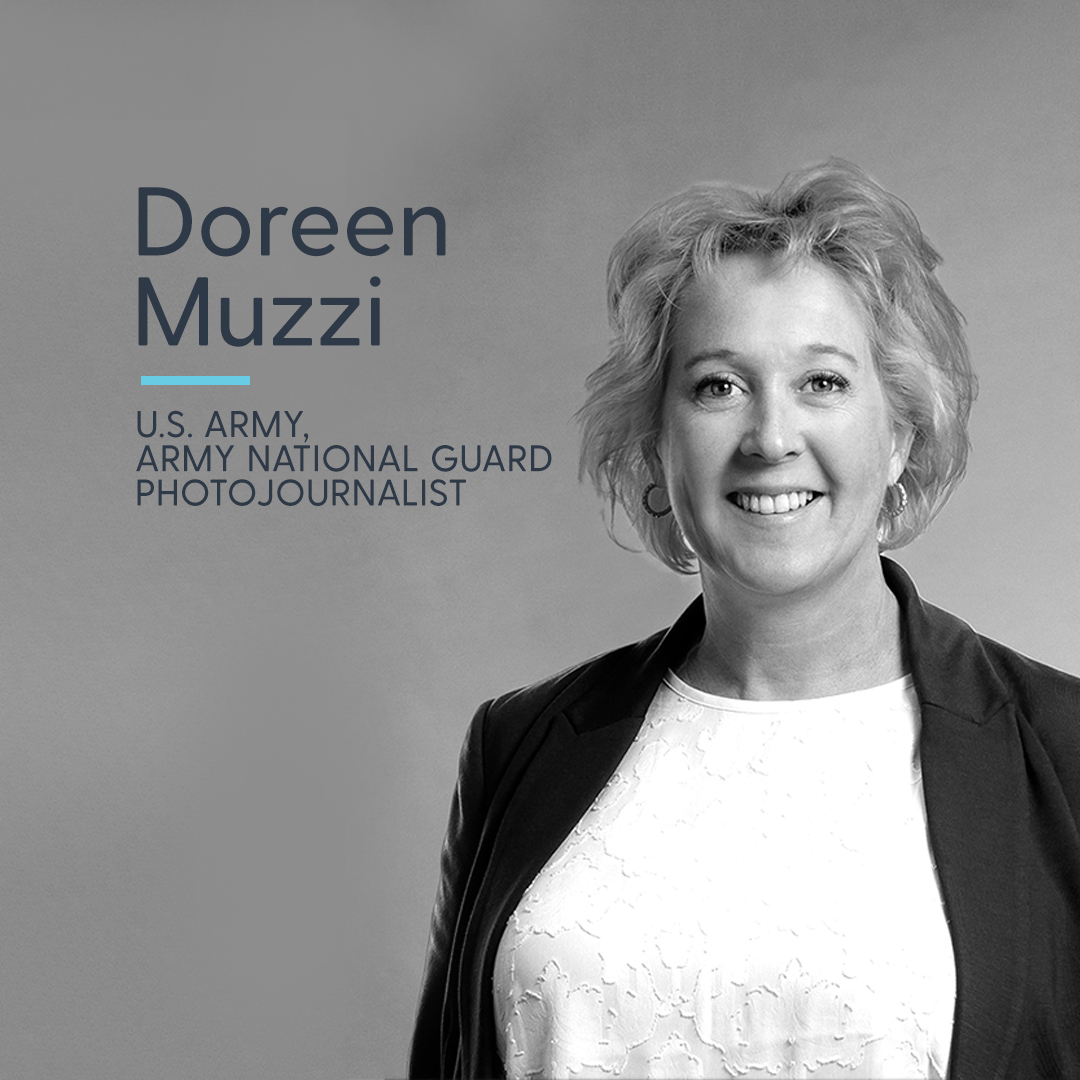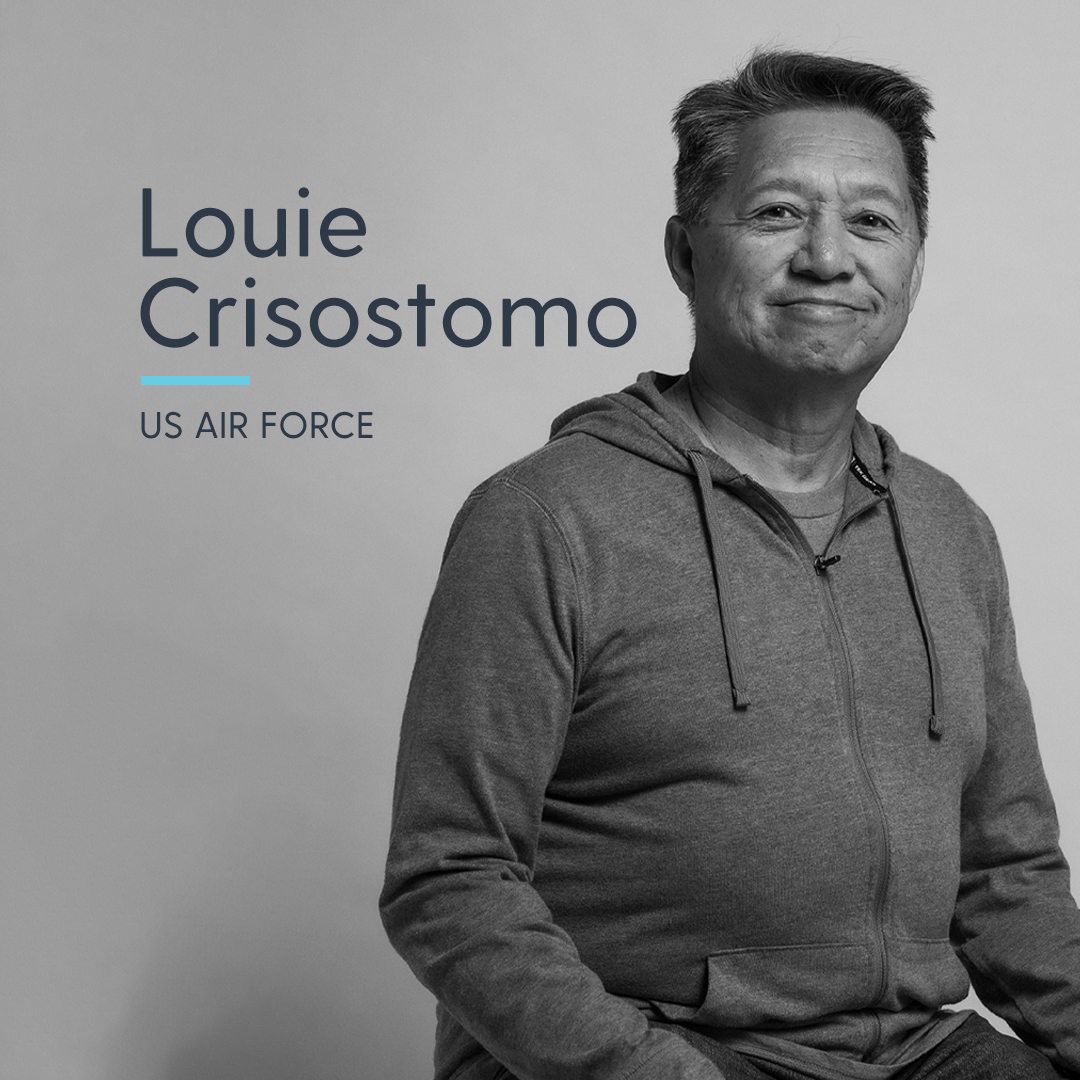News
Military Life Lessons
Behind our BR veterans.
In celebration of Veterans Day, we asked our BR veterans to share some of the many lessons that they took away from their service. Here’s what they shared:

Sergeant Turned Analyst
Erin spent eight years with the U.S. Army Reserve, joining in 2012 as a junior in high school and going into basic training before her senior year. Erin ended her career as a sergeant. Here are her top lessons learned:
Mind Over Matter.
The military gave Erin the confidence to know she could accomplish anything she set her mind to. No matter the mission, she could figure it out.
Stay Motivated.
It’s not always easy to stay motivated when it all feels uphill. Erin has been lucky enough to be put in situations then and now that stretched her. You just have to immerse yourself in the situation, figure it out and make it happen. When the choices are sink or swim, you swim.
Redefine Progress.
Progress isn’t always obvious. Three steps forward and two steps backward is still progress. Sometimes if you are struggling to see or feel progress, maybe you just need to change your perspective.
Connect Quickly.
In the military, you’re always with a very diverse group of people. You need to acclimate and collaborate quickly as one team. You need to make connections and working relationships quickly. This has served Erin well in every aspect of life.

Lieutenant turned Chief Financial Officer
Eric was a lieutenant in the U.S. Navy and served aboard the USS Wadsworth from 1990 to 1994. He also was an associate professor of naval science at The Ohio State University from 1994 to 1997. Here are his top lessons learned:
Never ask anyone on your team to do something you would not be willing to do yourself.
You should always be willing to take a crack at something and understand what you are asking someone else to do.
Push work down in the organization.
Development helps your team gather and build skills and advance through an organization. It also is critical for the team’s ability to achieve its goals. Too many times, we allow a single point of failure to bring projects to a full stop. Getting ahead of this early so that several team members are skilled in multiple tasks is indispensable.
Cut loose when you can.
On a ship, you work seven days a week, 24 hours a day, at sea. You stand watch for eight to 10 hours a day and do your regular job when you’re not standing watch. Only Sundays were a day off from the regular part of your job. We tried to make those Sundays fun for the crew. If the weather was nice, we would have what we called a Steel Beach Picnic. We would have a cookout on the flight deck and set up a volleyball net just to cut loose. The volleyball had to be duct-taped with a piece of line so we could retrieve it if it went over the side, so it weighed about 4 times as much as a normal volleyball. Best Sundays ever.

Photojournalist turned Senior Content Specialist
Doreen was a photojournalist for the U.S. Army and Army National Guard. She completed her basic training as a 100-pound, barely five-foot-tall young female, a task that many bet she would fail. Here are her top lessons learned:
Suck it up and get it done.
No matter what the “it” is or how challenging the task appears, you have no choice but to figure it out and get it done.
Attention to detail matters.
In everything you do. At the Defense Information School, all five branches of service train together to become photojournalists or broadcast journalists, and attention to detail is required. For example, if you spell a person’s name incorrectly in a story, you lose 50 points for each occurrence. To put this in perspective, you must maintain an average of 90 points or higher, or you flunk out. Details matter.
Work well with others.
In the military, you’ll work with people who don’t look like you, think like you or have a background similar to you. On the surface, many of my colleagues had very little in common with me, but when a group of people work together for one common goal, especially in difficult circumstances, those differences disappear and you become family.

Airman turned Quality Assurance Tester
Louie was in the U.S. Air Force from 1972 to 1980. While serving overseas at the Clark Air Base, Philippines, as a precision measurement equipment technician, Louie was awarded Airman of the Month several times and became the Maintenance Man of the Year. By the end of the Vietnam War, while still at Clark Air Base, he volunteered, processing several thousands of Vietnamese refugees before entry to the mainland U.S. Here are his top lessons learned:
Be disciplined, focused and a team player.
You have to listen intently to instructions, follow through and not make mistakes, otherwise, it will set you back for more extra days of basic training. This gave me the characteristics of being detail-oriented and highly focused on the task at hand. If anyone in our platoon made a mistake, we would all suffer the same consequences. Because of this, the entire platoon of 50-plus airmen learned to help one another as a family, to be a team player. Prior to entering the USAF, I was the opposite of that, where I failed at almost everything I attempted to do.

National Guard turned Account Director
Mark spent six years in a mechanized infantry battalion in the 32nd Brigade of the Wisconsin Army National Guard. He was the intelligence analyst for the unit and attained the rank of sergeant. Here are his top lessons:
Appreciate diversity.
Coming from a small rural community in west central Wisconsin, the military gave me an appreciation for diversity as I served with other soldiers from many other states and territories.
Value teamwork.
Military service also gave me great experiences in teamwork and an understanding of how highly effective teams operate. It also taught me the leadership skills and development opportunities necessary to build my career.